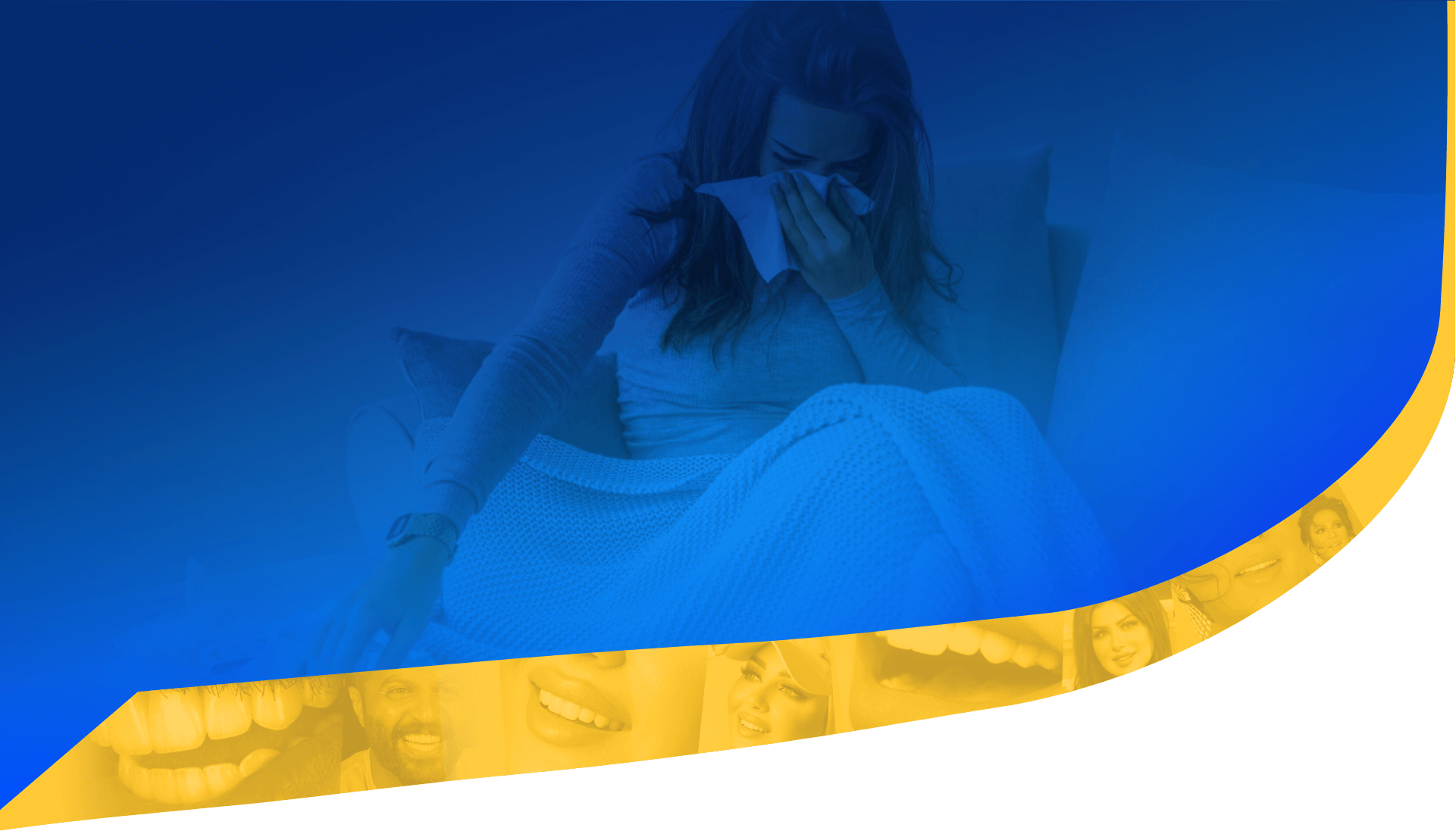Mouth Ulcer

Mouth ulcers are superficial infections that appear in the mouth from the inside and often lead to pain when eating or talking.
-
1What are the types of mouth ulcers?
There are two types of mouth ulcers
- Simple mouth ulcers: This type of ulcer may appear in the mouth three to four times a year and the ulcer lasts for about a week. Simple mouth ulcers often affect people between 10 and 20 years of age, but can also affect children and adults.
- Complex mouth ulcers: This type is less common than the other and is often infected with other physical diseases.
What are the causes of mouth ulcers?
The cause of most minor mouth ulcers is not yet known. However, some specialists have worked hard to determine the causes of the infection, as follows:
- Neglecting oral and dental hygiene
- Psychological stress
- Gum and mouth tissue wounds
- Eat large amounts of sweets
- Some types of foods such as spices, vegetables or citrus fruits (e.g. lemon, orange, pineapple, apple, figs, tomatoes and strawberries) contribute to the appearance of mouth ulcers or may be a factor in exacerbating the problem.
- Use some analgesics such as: Morten
- Sometimes sharp tooth surfaces or dentures may injure the gums and thus cause mouth ulcers.
For complex oral ulcers:
- Weakness in the immune system
- Nutritional problems such as vitamin deficiency B-12, zinc, folic acid and iron
- Diseases of the gastrointestinal tract
-
2What are the symptoms of mouth ulcers? Where they are exposed:
Mouth ulcers can appear:
- On the tongue.
- On the roof of the mouth (posterior)
- On the cheeks or lips from the inside
Its symptoms are:
- Feeling a mild tingling or burning sensation before the ulcer appears inside the surface of the mouth or when eating hot or acidic foods.
- The mouth ulcer is round, white or gray surrounded by a red border.
In case of severe injury you may have other symptoms:
- Fever
- Feeling sick
- Bulging lymph nodes
It is worth noting that mouth ulcer pain gradually decreases within a few days as it heals within a week or two without any treatment.
If the size of the mouth ulcer is large and painful or if it lasts longer, your dentist will prescribe a mouth-to-mouth lotion or aseptic mouth cleanser. Your doctor may prescribe some medications that are useful to your condition or just guide you to solutions that will help relieve mouth ulcers.
-
3How to avoid mouth ulcers:
Although there is no radical treatment for oral ulcers, they are often repeated, but you can reduce your risk by:
- Avoid eating foods that are burning your mouth, such as marinated or sour foods.
- Avoid pulling, touching, or biting the affected area.
- Brush your teeth with a soft brush and floss after each meal because this will keep your mouth free of foods that can contribute to your ulcer.
You should contact your dentist when you have:
- Large and unusual ulcers
- Ulcers spread to other areas of the mouth
- Ulcers lasting three weeks or more
- Severe pain although avoiding eating foods that contribute to the appearance of mouth ulcers as well as taking some painkillers
- Difficulty drinking enough fluids
- Your body temperature rises with ulcers in the mouth




















comment